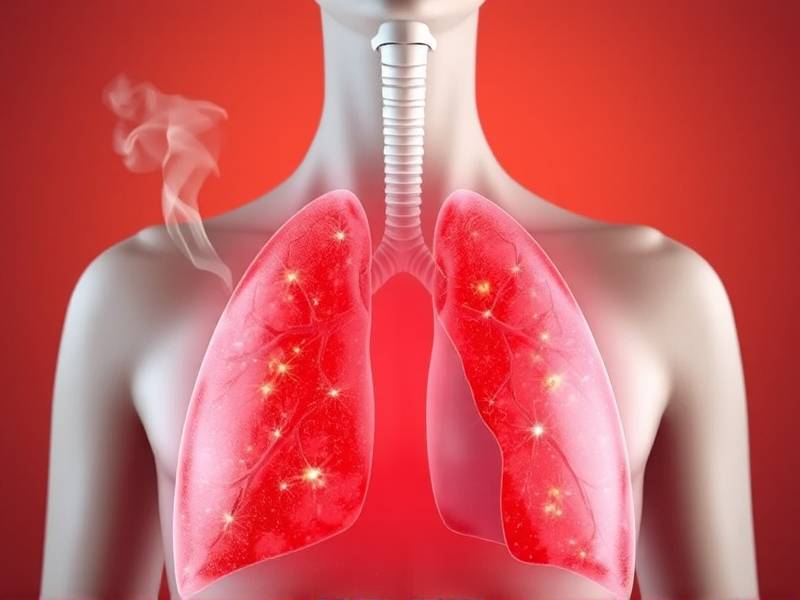How to Naturally Detox Your Lungs After Quitting Smoking
Introduction: The Journey to a Healthier You
Quitting smoking is a significant step towards a healthier life, but it's not just about the physical act of stopping. The journey also involves healing and restoring the body, particularly the lungs, which have been exposed to the harmful chemicals in tobacco smoke. This article delves into natural ways to detoxify your lungs after quitting smoking, helping you breathe easier and live healthier.
Understanding Lung Detoxification
What is Lung Detoxification?
Lung detoxification refers to the process of removing toxins from the lungs that have accumulated over time due to smoking. While your body can naturally eliminate many of these toxins, certain natural methods can enhance this process.
Why Detox Your Lungs?
Detoxifying your lungs can improve respiratory health, increase lung capacity, and potentially reduce symptoms associated with smoking cessation. It's an essential step in the journey towards complete recovery.

Natural Methods for Lung Detoxification
1. Deep Breathing Exercises
Deep breathing exercises help increase oxygen flow in your lungs and promote the expulsion of stale air that may contain toxins.
- Pursed Lip Breathing: Inhale deeply through your nose and exhale slowly through pursed lips as if you are whistling.
- Diaphragmatic Breathing: Focus on expanding your abdomen while inhaling and contracting it while exhaling.
2. Herbs and Supplements
Certain herbs and supplements can support lung health by promoting detoxification:

- Elderberry: Known for its immune-boosting properties.
- Turmeric: Contains curcumin, which has anti-inflammatory effects.
- Green Tea: Rich in antioxidants that help protect lung tissue.
3. Adequate Hydration
Drinking plenty of water helps flush out toxins from your body, including those in your lungs.
4. Exercise Regularly
Physical activity improves lung function by increasing oxygen levels in the blood and helping to clear out mucus from the airways.
5. Avoid Exposure to Pollutants
Limit exposure to secondhand smoke, dust, pollen, and other environmental pollutants that can irritate your lungs.
Foods That Support Lung Health
Your diet plays a crucial role in lung health. Incorporate these foods into your daily meals:
- Broccoli: High in sulforaphane, which helps protect against oxidative stress.
- Apples: Contain quercetin, an antioxidant that may reduce inflammation.
- Garlic: Known for its immune-boosting properties.
Conclusion: Embrace Your New Breath of Life
Quitting smoking is a challenging endeavor, but by adopting these natural methods for lung detoxification, you can support your body's healing process. Remember that patience is key—your lungs will continue to improve over time as you maintain a healthy lifestyle. Take each day as an opportunity to breathe easier and embrace a life free from tobacco's harmful effects.
